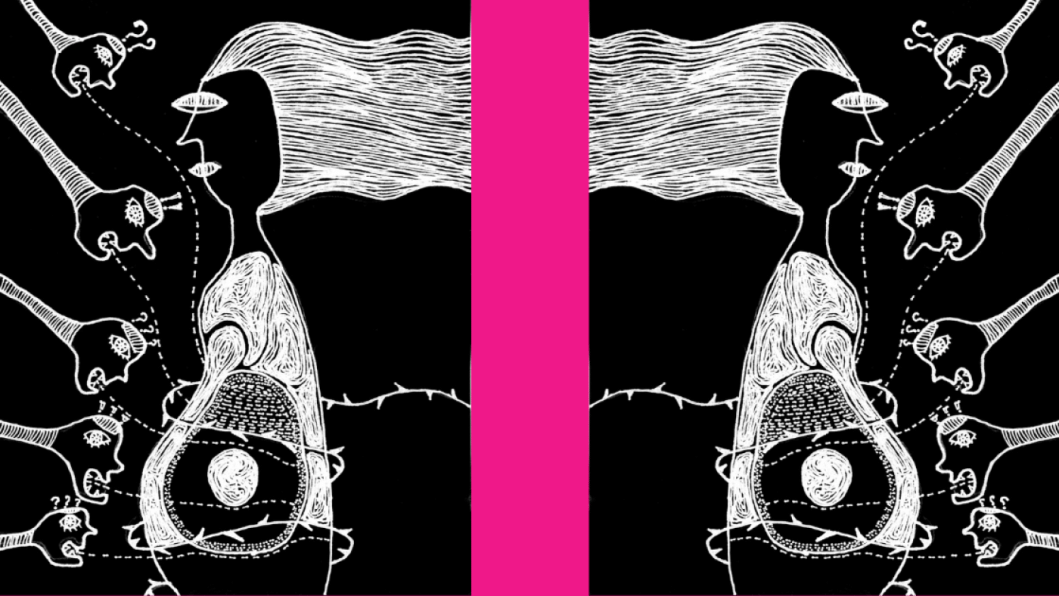Narrowing gender gap an economic necessity, speakers say

Narrowing the gender gap is not only a social imperative but also an economic necessity, as changing mindsets and increasing women's participation could boost the country's GDP, speakers said at a seminar yesterday.
"Women's empowerment remains central to building a prosperous future," said Takahashi Naoki, deputy chief of mission at the Embassy of Japan in Bangladesh, at the event.
While Bangladesh has made significant progress—particularly in sectors like garments—more efforts are needed to ensure women's access to quality jobs, leadership roles, and equal pay, he said, urging the business community to foster inclusive workplace practices.
Naoki praised the interim government's initiatives, including the formation of a Women's Empowerment Commission, and reaffirmed Japan's commitment to supporting gender equality through diplomatic efforts and projects on women, peace, and security.
"It has been 30 years since the Beijing Declaration, a global agenda for achieving gender equality and empowering women and girls," reminded Naoki.
"Through cooperation, we can overcome challenges," he said.
The event, titled "Rights, equality, empowerment: a discussion on women's progress in Bangladesh," was jointly organised by the Japan Bangladesh Chamber of Commerce and Industry (JBCCI) and Japan External Trade Organization at Ascott Palace in Dhaka.
Bangladesh has made progress in narrowing the gender gap, but serious challenges remain, said Sayema Haque Bidisha, pro-vice chancellor of the University of Dhaka.
Female participation in the labour force stands at 42.3 percent, compared to 79 to 80 percent for men, she said.
Urban female participation has declined since 2017, partly due to automation in the garments sector, she added.
Most women work in informal agriculture, facing low pay and vulnerability. Only seven to eight percent of women hold managerial roles, highlighting deep gender disparity, said Bidisha.
She emphasised the need for gender-friendly workplaces, improved daycare facilities, safe accommodation for female students, and easier licensing processes for women entrepreneurs.
She stressed that policy reforms and targeted resource allocation were essential to harnessing women's potential.
Selima Ahmad, president of the Bangladesh Women Chamber of Commerce and Industry, emphasised that true equality cannot be achieved without economic empowerment.
"Equality and empowerment are like chicken and egg—one cannot exist without the other," she said, recalling her legal battle to establish the chamber.
"Transformation will come only when women are treated equally, not as a privilege, but as a right," she said.
Rubaba Dowla, country managing director of Oracle Bangladesh, called for immediate reforms in policies, mindsets, and business practices to achieve gender parity faster.
"It is not just a social injustice but an economic failure," she said, noting that full female participation could add trillions to global GDP, with significant benefits for Bangladesh.
Dowla urged for macro-level interventions—venture capital funds for women-led businesses, tech-driven safety measures, and tax incentives for gender-diverse companies.
Tareq Rafi Bhuiyan Jun, president of the JBCCI, noted that women now excel in education, healthcare, entrepreneurship, and technology.
Yet significant challenges persist—including workplace discrimination, unequal pay, limited access to finance, and under-representation in leadership, he said.
Among others, Tahera Ahsan, executive director of the JBCCI, Kazi Rubaiya Islam, corporate and media relations lead at Japan Tobacco International, Uzma Chowdhury, director (finance) at Pran-RFL Group, and Aminata BA, assistant manager at Mitsubishi Corporation, Dhaka Branch, spoke at the event.

 For all latest news, follow The Daily Star's Google News channel.
For all latest news, follow The Daily Star's Google News channel. 



Comments